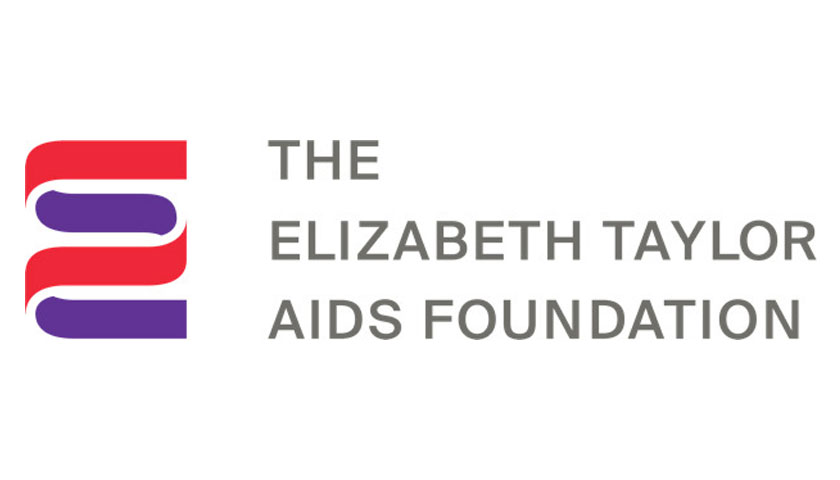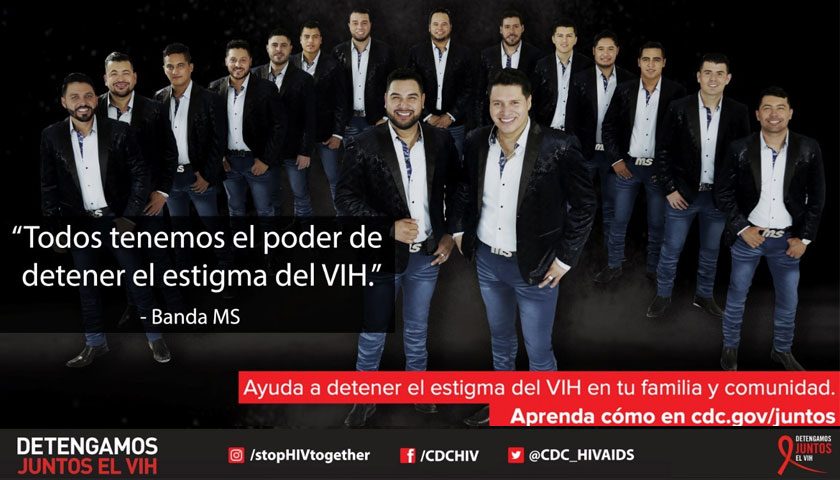The Merck Foundation (the Foundation) has launched HIV Care Connect, a $7 million, five-year initiative to help reduce disparities in access to care and improve health outcomes for persons with HIV living in vulnerable and underserved Southeastern U.S. communities.
While new cases of HIV are on the decline in the U.S., HIV continues to disproportionately affect certain populations and geographic regions of the country. According to the U.S. Centers for Disease Control and Prevention, over half of all people newly diagnosed with HIV live in the U.S. South, with approximately three quarters of them identifying as people of color.
To help improve the delivery of HIV care and address persistent health disparities, HIV Care Connect will support community-based programs that promote linkage to and long-term engagement in HIV care as well as foster multisectoral approaches to address the many factors outside the health system that affect access to high-quality care.
“We need to accelerate solutions that address the growing disparities in patients’ access to HIV care and health outcomes, and focus on communities that are most affected,” said Dr. Julie Louise Gerberding, executive vice president and chief patient officer at Merck. “Through HIV Care Connect, the Merck Foundation is helping to catalyze collaboration among organizations across the southeastern United States and improve care coordination among people most affected by HIV.”
The Foundation has selected the following organizations as HIV Care Connect program grantees.
- Care Resource (Miami, FL)
- Medical Advocacy and Outreach (Montgomery, AL)
- University of Mississippi Medical Center (Jackson, MS)
The University of Alabama at Birmingham will serve as the National Program Office for HIV Care Connect. In this capacity, it will support the program efforts of the grantee organizations and provide leadership in building a public-private partnership to reduce disparities in HIV care.
“We believe the HIV Care Connect initiative has the potential to be transformative in our region,” said Michael Mugavero, MD, MHSc, professor of medicine, University of Alabama at Birmingham (UAB) and co-director, UAB Center for AIDS Research. “The program will serve as a catalyst in advancing the objectives of the National HIV/AIDS Strategy and the Ending the HIV Epidemic Federal initiative.”
HIV Care Connect program grantees will implement multifaceted, evidence-based programs to:
- Improve linkage to and retention in high-quality HIV care for populations most affected by HIV
- Build sustainable collaborations between the health care sector and other sectors to address barriers related to the social determinants of health
- Engage the community in program development to ensure that interventions are effectively tailored to address local needs
- Improve health outcomes for persons living with HIV, particularly in underserved communities
The Foundation will support an independent evaluation to assess the impact of the HIV Care Connect initiative and its programs. A key goal will be to identify and promote best practices for improving the delivery of HIV care among vulnerable and underserved U.S. communities.



